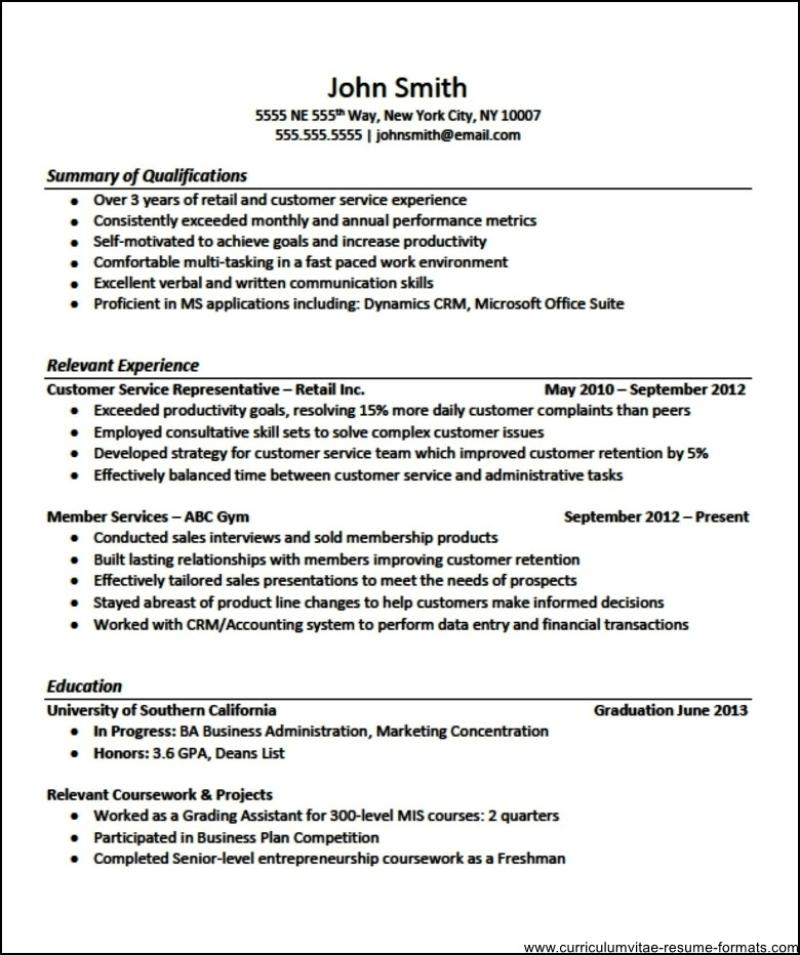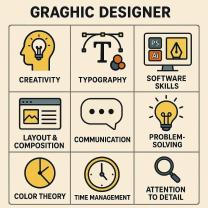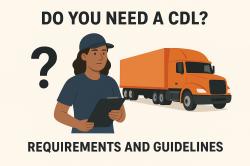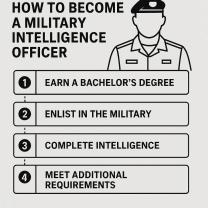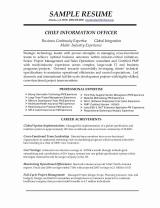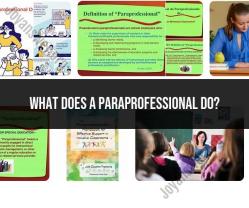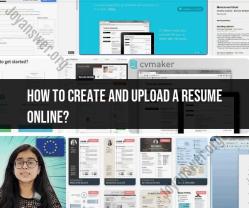How to describe your professional experience on your resume?
Effectively describing your professional experience on your resume involves using clear and impactful language to convey your skills, achievements, and contributions. Here are some techniques to enhance the way you describe your professional experience:
Use Action Verbs:
- Begin each bullet point with strong action verbs to convey a sense of accomplishment and initiative. Examples include "implemented," "managed," "led," "developed," and "achieved."
Quantify Achievements:
- Where possible, quantify your achievements to provide a tangible sense of your impact. Use numbers, percentages, or other metrics to demonstrate the scope and success of your contributions.
Focus on Results:
- Emphasize outcomes and results rather than just listing duties. Clearly articulate how your actions positively affected the organization, projects, or teams you were involved with.
Tailor to the Job:
- Customize your descriptions to align with the specific requirements of the job you're applying for. Highlight experiences and skills that are most relevant to the position.
Highlight Skills:
- Identify and emphasize key skills developed during each position. This can include technical skills, soft skills, and any industry-specific competencies.
Tell a Story:
- Create a narrative flow by organizing your bullet points in a way that tells a coherent story of your professional journey. This helps the reader understand the progression of your career.
Use Keywords:
- Incorporate industry-specific keywords relevant to the job you're applying for. Many employers use applicant tracking systems (ATS) that scan resumes for specific terms, so including relevant keywords can improve your chances of being noticed.
Be Concise:
- Keep your descriptions concise and focused. Use bullet points to present information in a readable format and avoid lengthy paragraphs. Aim for clarity and brevity.
Show Impact:
- Clearly communicate the impact of your contributions. Whether it's improving processes, increasing efficiency, or driving revenue growth, demonstrate the value you brought to your previous roles.
Use Parallel Structure:
- Maintain a consistent and parallel structure for your bullet points. This creates a visually appealing and easy-to-read resume. For example, start each bullet point with a verb and use a similar format throughout.
Highlight Promotions and Achievements:
- If you received promotions or special recognitions, make sure to include them in your descriptions. This showcases your career progression and success within the organization.
Avoid Jargon:
- While using industry-specific terms is important, avoid excessive jargon that may not be universally understood. Strive for clarity and accessibility in your language.
Proofread:
- Ensure that your descriptions are free of grammatical errors and typos. A polished and error-free resume reflects attention to detail and professionalism.
Remember, the goal is to make your resume compelling and easy to understand. By employing these techniques, you can effectively communicate the value you bring to potential employers and increase your chances of landing interviews.
How can you effectively describe your professional experience on a resume?
To effectively describe your professional experience on a resume, focus on impact, relevance, and conciseness:
Impact:
- Go beyond listing duties and responsibilities. Quantify your achievements using numbers and percentages to showcase the tangible results of your work. For example, instead of "Managed social media," say "Increased website traffic by 20% through targeted social media campaigns."
- Highlight how your work made a difference within the organization or team. Emphasize how you solved problems, improved processes, or exceeded expectations.
Relevance:
- Tailor your descriptions to the specific job you're applying for. Analyze the job description and keywords, and ensure your experiences directly address those requirements. This demonstrates your understanding of the role and how your skills align.
- Use strong action verbs to describe your actions and skills. Choose verbs like "achieved," "developed," "spearheaded," or "streamlined" to create a dynamic and impactful resume.
Conciseness:
- Keep your descriptions brief and to the point, ideally between 2-4 bullet points per position. Use bullet points and clear formatting to make it easy for hiring managers to quickly scan and grasp your key achievements.
- Prioritize your most relevant and impactful experiences at the top of each section. Use reverse chronological order for most cases, highlighting your latest and most impressive roles first.
Additional Tips:
- Use data and metrics whenever possible to quantify your achievements. This adds credibility and tangibility to your claims.
- Focus on accomplishments, not just responsibilities. This shifts the focus to your value and effectiveness.
- Proofread carefully for any grammatical errors or typos. A polished resume leaves a positive impression of your professionalism.
By following these tips, you can write a compelling and effective professional experience section on your resume that grabs attention and convinces hiring managers you're the right candidate for the job.
